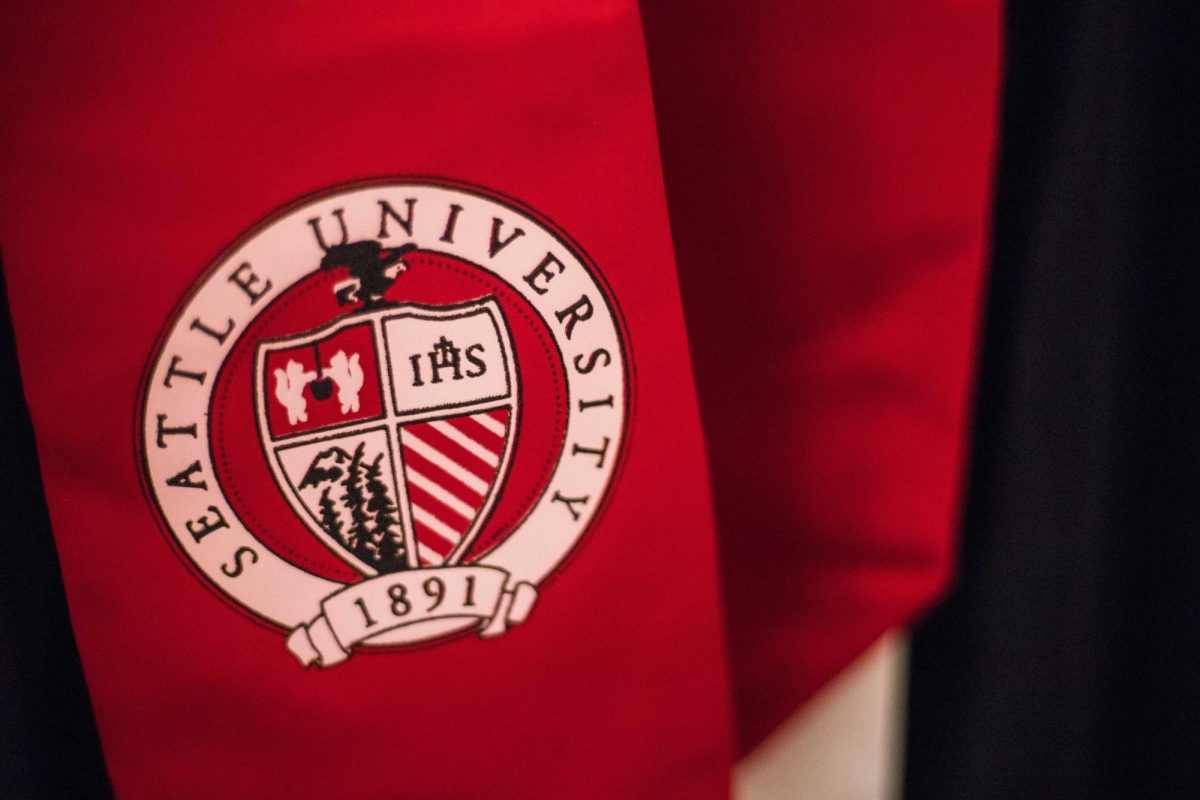With the spring quarter quickly coming to an end, graduating students are caught between joy and anxiety. Soon, the ‘real world’ they have been warned about is going to be upon them, and schedules, relationships and postal codes are all going to be in flux.
To combat nerves, Seattle University offers a number of resources to help students feel steady on their feet once they receive their diploma. Prominent, out-of-classroom resources include the Career Engagement Office (CEO), the MOSAIC Center and the Office of Prestigious Awards and Fellowships (OPAF).
Erin Kwan, the fellowships coordinator for OPAF, is in charge of advising students through the process of applying to independently funded fellowships and awards.
“I’m there to help students find the best pathway to complete their goals, whether that be finding a job after graduation, going to grad school or pursuing independent research,” Kwan said, mentioning that some of the popular awards for Seattle U students include the Fulbright and Boren awards, both of which have international opportunities and are open to anyone to apply.
The OPAF can be a place to acquire general information about post-grad pathways and scholarship opportunities. Though providing one-on-one assistance to students interested in applying for awards, OPAF does not necessarily go through the same process for students interested in applying to graduate school. Rather, the office is largely in charge of advertising post-graduate opportunities that are funded by the U.S. and foreign nations for those interested in pursuing service or government-based opportunities abroad.
So where do students interested in graduate school turn to on campus? While there are resources to help students fledge out their post-grad plans, there is not a specific place on campus that helps with applications for masters programs.
Brandon Teola, a fourth-year English major, can sense the anxiety among his peers about whether they feel prepared for life post-college.
Teola will be enrolled in a graduate professional writing program at Carnegie Mellon University, delaying the angst associated with leaving the structure and security that school provides. However, he noted that his process of applying to graduate school was significantly independent.
“I knew that SU didn’t have a grad school-specific resource, so I just used online resources to learn about the process,” Teola said, though he did find a way to incorporate some of the non-grad school-specific resources Seattle U offers. “Going to a resume workshop with the Career Engagement [Office] (CEO) helped me finalize my resume, which I had to submit for most of my grad school applications.”
While Teola expressed that navigating the process of applying for graduate school was made possible by his drive towards that goal, students may learn about and approach grad school on a variety of timelines.
“I have been thinking about grad school since my freshman year,” Teola said, clarifying that the decision was one he didn’t feel he needed school resources to rely on.
Despite the lack of resources for those interested in attending graduate school, resources like the CEO helps students looking for work immediately after graduation by helping to draft cover letters, prepare for interviews and consider what job might be right for an individual.
As graduating students prepare to enter into the next stage of their lives, there is uncertainty and ambiguity associated with things like budgeting, benefits and a work life balance. Learning from conversations with students, Deanne Liu, an associate director at the MOSAIC center, decided to create “Disorientation,” a six week program discussing adulthood and the transition into post-grad life.
A cross-campus effort, the CEO and Counseling and Psychological Services are two of eight partners of the MOSAIC Center who have worked on this series.
“When I came up with this program, I wanted to bring in different people from around campus who could explain aspects of ‘adulting,’ whatever that is,” Liu said, adding that even if students already have some of these skills or would rather not be reminded of them. “At the very least, the hope is to give graduating students a commonality in their anxiety.”
Ranging from topics about budgeting and careers to mental health, according to Liu, “Disorientation” is all about building confidence in how you can be an adult in the world—a process that looks different for everybody.
Whether you are planning on attending graduate school next year, already have your dream job lined up or are going to be moving back in with your parents, completing undergrad is an exciting time. Even if one does not feel entirely prepared to transition into post-grad life, dedicating three to four years toward earning a degree is something to be proud of.












